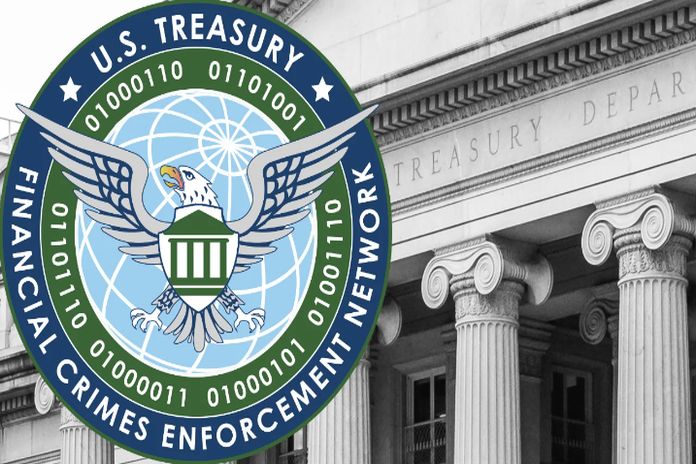- Rules Address Critical Vulnerabilities in the US Financial System, Protect National Security
WASHINGTON, USA – On Wednesday, August 28, 2024, as part of ongoing efforts to combat illicit finance and protect US national security, the US Department of the Treasury’s Financial Crimes Enforcement Network (FinCEN) issued two rules to help safeguard the residential real estate and investment adviser sectors from illicit finance. Both rules deliver on key lines of effort outlined in the Biden-Harris administration’s U.S. Strategy on Countering Corruption.
“The Treasury Department has been hard at work to disrupt attempts to use the United States to hide and launder ill-gotten gains,” said US Secretary of the Treasury Janet L. Yellen. “That includes by addressing our biggest regulatory deficiencies, including through these two new rules that close critical loopholes in the US financial system that bad actors use to facilitate serious crimes like corruption, narcotrafficking, and fraud. These steps will make it harder for criminals to exploit our strong residential real estate and investment adviser sectors.”
The final residential real estate rule will require certain industry professionals to report information to FinCEN about non-financed transfers of residential real estate to a legal entity or trust, which present a high illicit finance risk. The rule will increase transparency, limit the ability of illicit actors to anonymously launder illicit proceeds through the American housing market, and bolster law enforcement investigative efforts.
The final investment adviser rule will apply anti-money laundering/countering the financing of terrorism (AML/CFT) requirements – including AML/CFT compliance programs and suspicious activity reporting obligations – to certain investment advisers that are registered with the US Securities and Exchange Commission (SEC), as well as those that report to the SEC as exempt reporting advisers. The rule will help address the uneven application of AML/CFT requirements across this industry.
As part of the rulemaking process, Treasury carefully considered public feedback and consulted extensively with industry groups, intergovernmental partners, and other key stakeholders – including through listening sessions during the public comment periods – to develop rules that will be both effective and administrable while reducing potential burdens on businesses, including small businesses.
Read More:

